
 Japanese businessman Sekiguchi Ken is the vice general director of APEX Vietnam Co., Ltd, the biggest joint-venture travel company serving Japanese tourists in Vietnam. He went home on March 10, one day before the earthquake and tsunami struck northeastern Japan and only returned to HCMC on Sunday. The Saigon Times Daily spoke with him about the challenges facing his country and Vietnam tourism in the aftermath. Excerpts:
Japanese businessman Sekiguchi Ken is the vice general director of APEX Vietnam Co., Ltd, the biggest joint-venture travel company serving Japanese tourists in Vietnam. He went home on March 10, one day before the earthquake and tsunami struck northeastern Japan and only returned to HCMC on Sunday. The Saigon Times Daily spoke with him about the challenges facing his country and Vietnam tourism in the aftermath. Excerpts:
The Saigon Times Daily: Could you tell us what exactly is going on in Japan after an earthquake and tsunami devastated the country’s northeast? - Sekiguchi Ken: The information about the crisis is true but not true enough. The disaster in the northeast is terrible; it has killed tens of thousands of people and many are still living in shelters. It’s so horrific for these people. However, the situation in other big cities such as Tokyo, Osaka, Nagoya and Fukuoka is normal. I was in Tokyo when the earthquake struck on March 11. The only problem we had in the city was that at that moment there was an electrical blackout. On that day, train services ground to a halt and that meant many people from the surrounding areas of Tokyo could not go home. However, services returned to normal to most areas within a few hours. Some supermarkets in Tokyo had food shortages immediately after the disaster because a lot of supplies were transferred to the northeast and people bought food for reserve. But 24 hours later the situation returned to normal. Now, the daily life in Tokyo and other big cities like Osaka, Nagoya and Fukuoka hasn’t changed. The only thing that happened was that sports events were cancelled for one week. The domestic flights are still operating as normal, not including the flights to the northeast. That’s why I was able to go home to Fukuoka from Tokyo. Do you think the disaster will affect Vietnam’s tourism industry, due to a possible decline of Japanese tourist arrivals? - I don’t think it will have the kind of impact that SARS or the bird flu had in Vietnam in the past because the destination for tourists is safe. I would say the number of tourists booking through our company was down by around 20% in the first week after the disaster. Now, we have no cancellations on new bookings. It’s better. Many of the cancellations were from people in the northeast. Japanese businesses froze overseas trips for staff but individual travelers and people from the big cities were not affected. Normally, the travel season for company trips is from October to March, so we will have a long time to wait to see what impact that will have on future trips. Many Vietnamese travelers have canceled tours to Japan over radiation fears. Could you give advice to those who are reluctant to visit Japan? - We’re afraid of the radiation too but the Japanese Government is doing well in controlling the situation. Tokyo and other popular destinations of Vietnamese tourists in Japan are still safe to visit. Big entertainment parks will reopen soon; for instance, Tokyo Disneyland will open next week. Many hotels and restaurants in Tokyo are struggling for customers so travel firms will be able to secure the best accommodation for tourists, maybe for a cheaper price. I cannot say that people can travel to Japan without fear of radiation (leaking from a struck nuclear power plant) but I would urge them to come when the government announces the situation is safe. I think the announcement will be issued soon. Japanese people are still thinking about ways to help victims in the northeast and ways to help our country. The best way to help Japan recover is for people to come and visit our beautiful country. If tourists can show their support to us we can rebuild our country together.
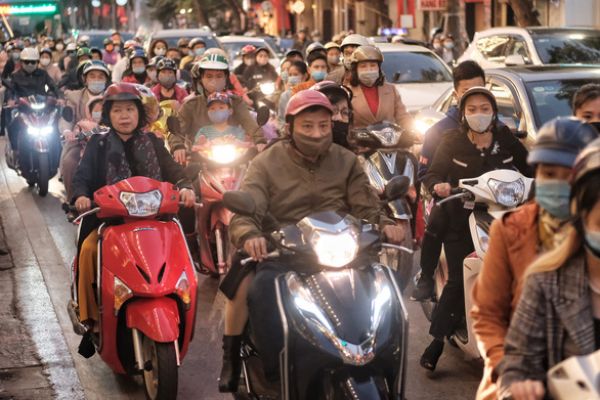
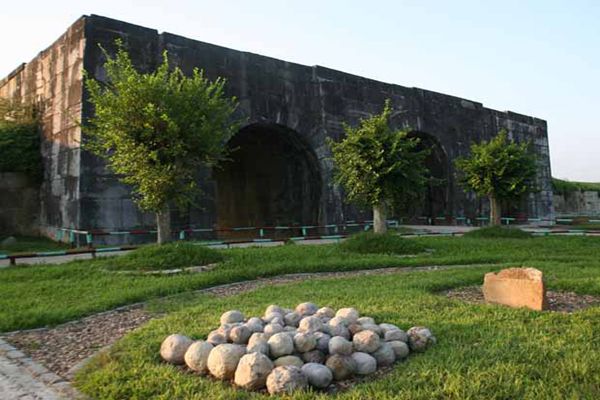
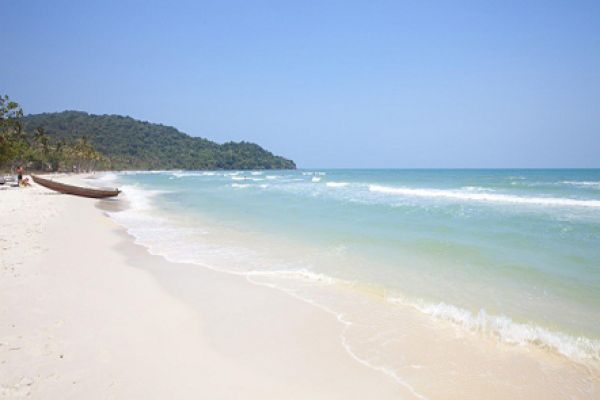
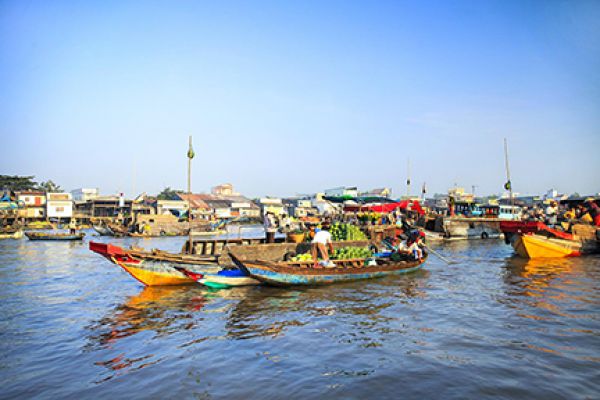
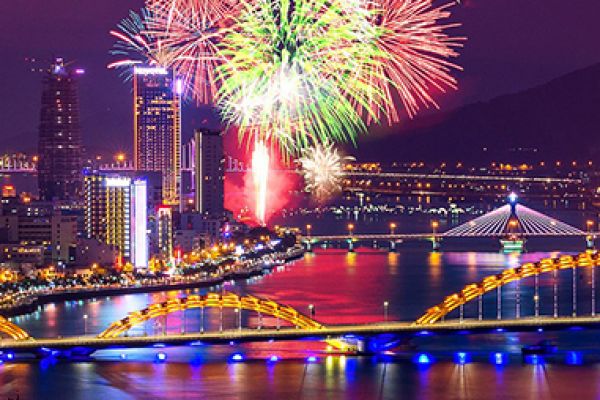
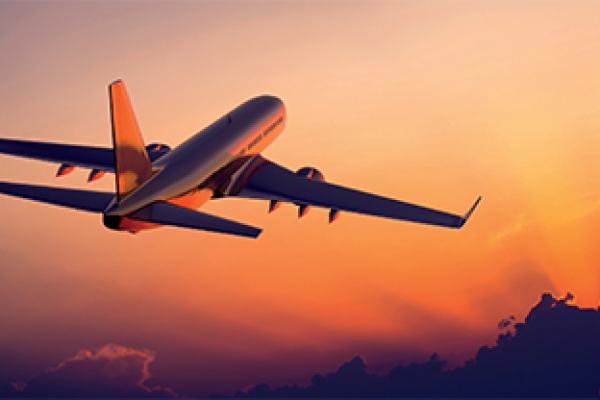
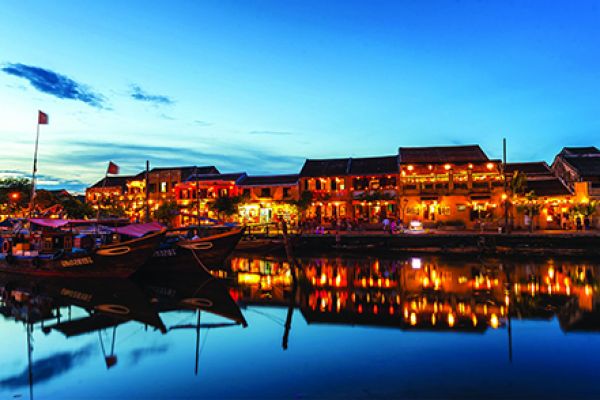
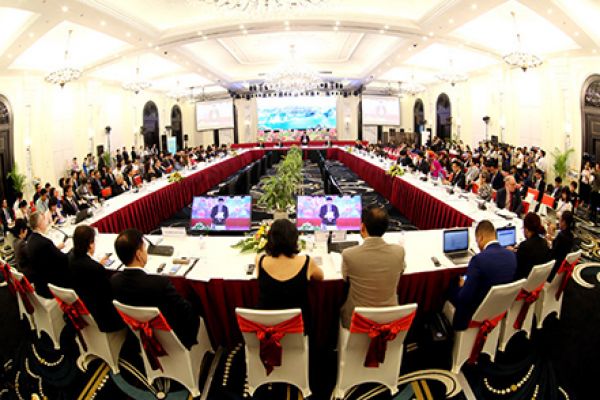
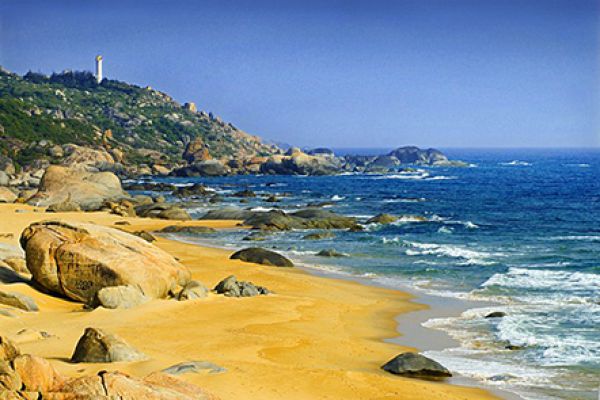
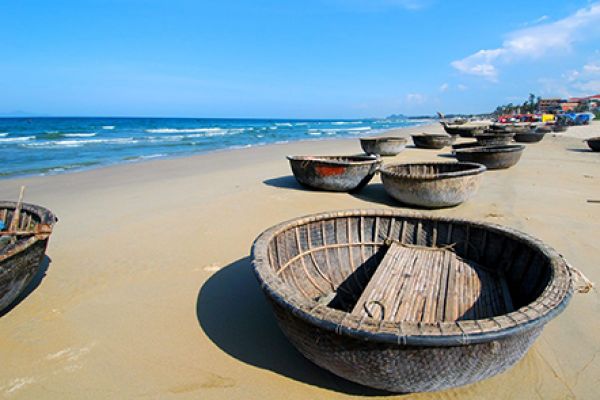
(84-63) 3 826042 – (84-63) 3 511142
No 54 Nguyen Dinh Chieu, Ham Tien Central Mui Ne Beach Binh Thuan Vietnam
523 To Hien Thanh District 10 Ho Chi Minh City Vietnam
Ha Long Halong City Quang Ninh Vietnam
A13 Hung Thong 2 Halong City Quang Ninh Vietnam




